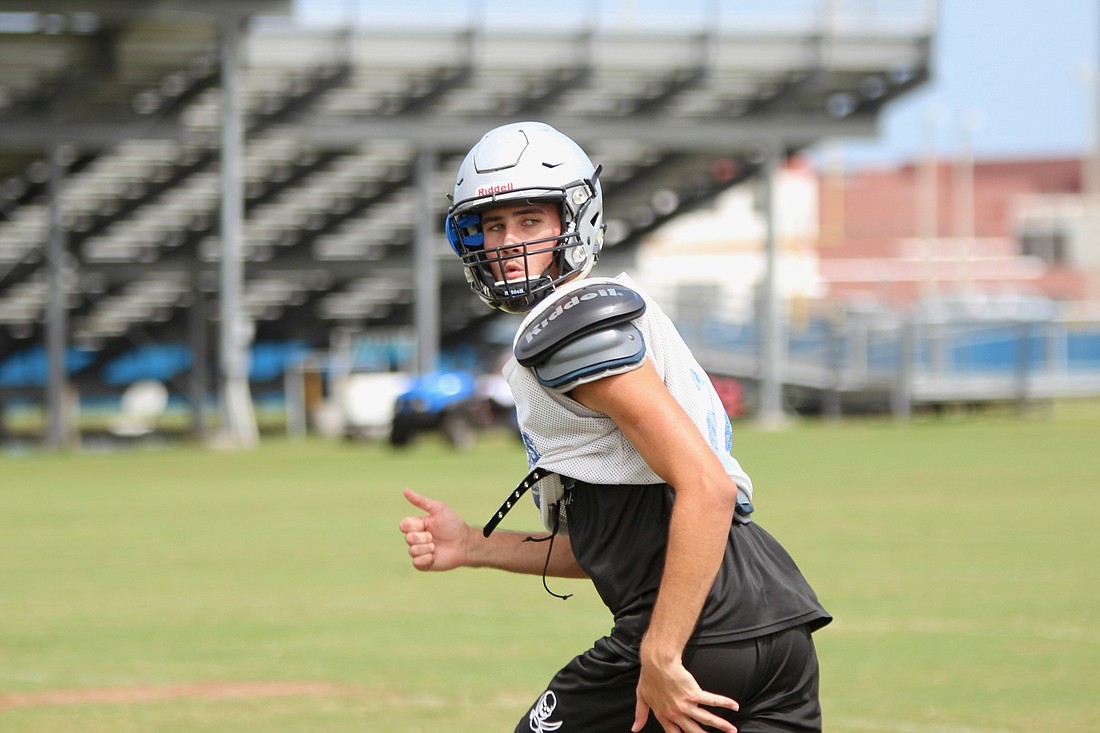- November 23, 2024
-
-
Loading

Loading

If you’re a sports fan, chances are, you’ve had this drilled into your brain by friends, coaches and — especially — parents: Children should only play one sport.
The idea of specialization — that is, to intensely train in one sport only — is not a new phenomenon, but it has certainly become more commonplace among today’s young athletes.
Even a few years ago, it wasn’t so out-of-the-ordinary to see a kid play five sports, but that scene has almost completely shifted.
Instead of giving kids the chance to sample a variety of activities, their options are quickly limited. An NCAA study in 2016 revealed that the average age of specialization is 12, and that many of those children enter athletics with the expectation to eventually play in college. They’re told that if they want to achieve that goal, they have to dedicate themselves to that particular sport as if it were a religion, leaving time for little else in their lives, especially other sports. They’re told anything other than this one sport is a distraction, that it can lead them astray in the journey toward perfecting their craft.
Well, I say those people clearly have never met Jacob Miley.
Miley, a rising junior and three-sport athlete at Matanzas High School, is breaking down the barrier of specialization.
A starter on Matanzas’ football team, Miley is also on the Pirates’ basketball team and on July 30, placed fifth in the 800 meters at the AAU Junior Olympic Games in Ypsilanti, Michigan.
“I think the biggest thing that Jacob’s figured out is he kind of likes doing everything,” Matanzas football’s head coach, Robert Ripley, said. “A lot of kids get told, coached and coaxed into only doing one thing, but I think Jacob’s realized this is the only time in your life where you get to do what you want to do, so he’s going to do it. He comes out here and works his tail off, and that’s all I can ask for.”
Moreover, playing multiple sports can benefit muscles not explicitly trained in one sport alone, Matanzas assistant coach Jacob Scott said.
According to a survey by the NCAA, 71% of Division I men’s football players were multisport athletes, 88% of D1 men and women who play lacrosse also play other sports, and 87% of D1 female runners and 91% of male runners were multisport athletes.
“He’s been able to work on all facets of his physical condition, whether it be strength with football, speed with track or finesse with basketball,” Scott said. “That’s why I nicknamed him the 'Ironman' because he’s been able to essentially train three times a day and still compete at a high level.”
That said, there’s absolutely nothing wrong with playing one sport. That’s your right as an athlete. But if you have the will and desire to do more, there should be nothing stopping you from trying.
“You should do what you love,” Miley said. “Play anything.”